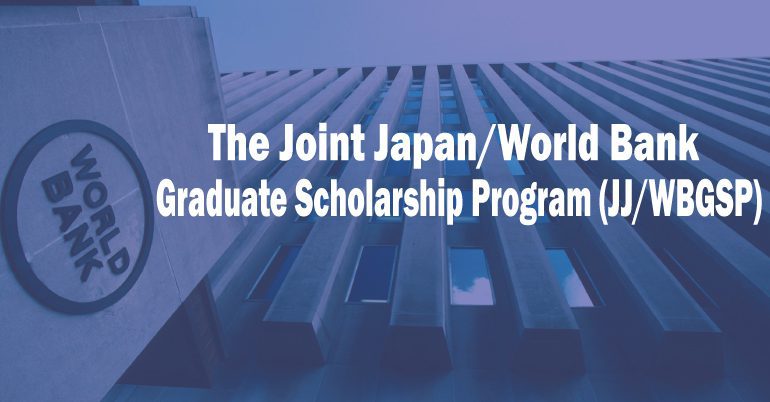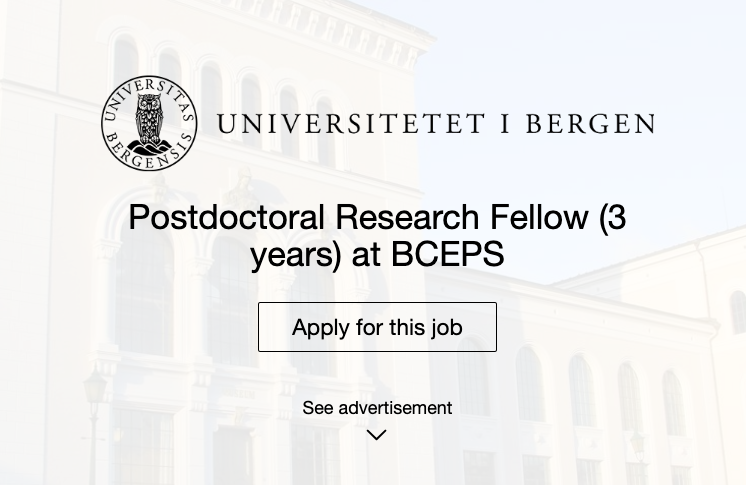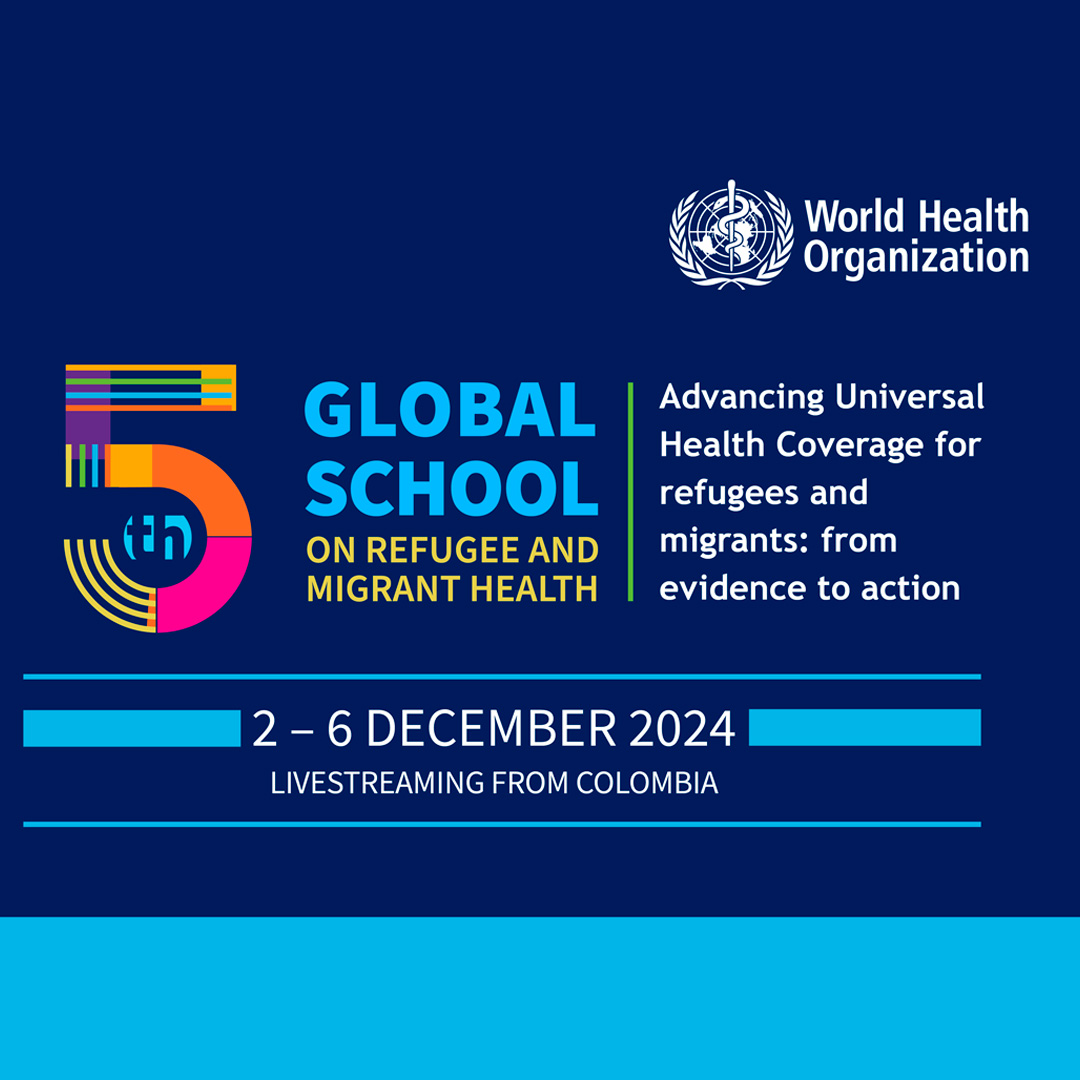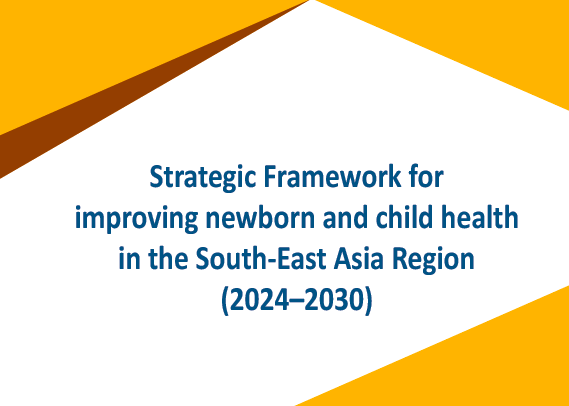Erasmus Mundus Joint Masters are delivered by multiple higher education institutions and run across various countries. They are distinguished by their academic excellence and by their high level of integration. Students at master’s level from all over the world can apply. Erasmus Mundus Joint Masters are prestigious international masters, jointly designed and delivered by a group of higher education institutions. They involve at least 3 institutions from at least 3 different countries, and multiple associated partners from the academic and non-academic world. Typically, they include periods of study, research, traineeship, thesis preparation and defence.
Scholarships available
Masters may also offer full scholarships to the best-ranked students worldwide. Scholarships cover your participation costs and contribute to
- travel
- visa
- a living allowance
Type of degree awarded
You will gain either
- a joint degree (i.e. one single degree certificate issued on behalf of at least two higher education institutions) or
- multiple degrees (i.e. at least two degree certificates issued by two higher education institutions of the consortium)
You’ll be able to define these in detail when you sign a study agreement with the relevant Erasmus Mundus Joint Master at the beginning of your studies.
Courses
Students apply directly to the institution running their chosen programme. You can search the course catalogue for details of the latest programmes on offer. Some courses are listed below;
- Erasmus Mundus Joint Master in Physiology and Medicine of Humans in Space and Extreme Environment
- European Master of Science in Skin Health and Care
- Erasmus Mundus Joint Master Degree on Public Health in Disaster
- Euro-Asian Joint Master Programme in Medical Technology and Healthcare Business
- Master in Membrane Engineering for Sustainable Development
- Global MINDS European Master in the Psychology of Global Mobility, Inclusion and Diversity in Society
- International Master of Science in Health Mangement in Aquaculture
- Infectious Diseases and One Health
- European Master in Public Health | Europubhealth+
- Explore more
What you need
You must
- have a bachelor’s degree (first degree), or be in your last year of bachelor studies
- graduate before the master’s programme starts
You may also apply if you demonstrate a bachelor’s equivalent level of learning. This must be officially recognised, according to national legislation and practices, in the degree awarding country.
Do you have a website? Looking for the best hosting provider? Here’s a discount code.
Latest Public Health Jobs
Latest Posts
- Programme Implementation Guidelines for local levels (2082/083)
- Call for Experts! Technical Advisory Group on Leprosy
- Call for Experts: WHO SEA Region Strategic Advisory Group on Prevention and Control of NCDs
- World Breastfeeding Week 2025: Invest in breastfeeding, invest in the future!
- Handbook on Breastfeeding (For Pregnant Women and Lactating Mother)
Thanks for visiting us.
Disclaimer: The resources, documents, guidelines, and information on this blog have been collected from various sources and are intended for informational purposes only. Information published on or through this website and affiliated social media channels does not represent the intention, plan, or strategies of an organization that the initiator is associated with in a professional or personal capacity, unless explicitly indicated.
If you have any complaints, information, or suggestions about the content published on Public Health Update, please feel free to contact us at blog.publichealthupdate@gmail.com.
#StayUpdated











